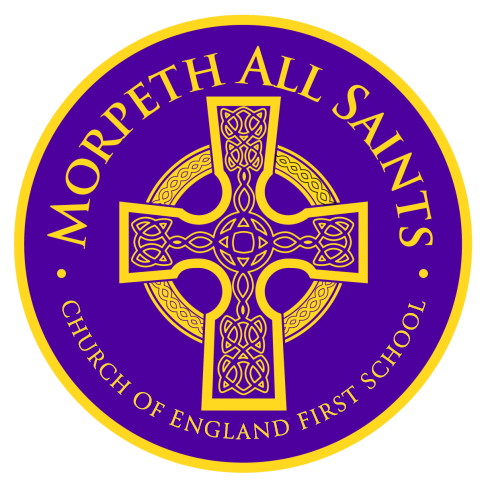
Pupils commence in our Nursery the term after their third birthday:
Autumn term start: Born between 1 April to 31 August
Spring term start: Born between 1 September to 31 December
Summer term start: Born between 1 January to 31 March
Please complete a registration form; you may either download one using this link, call in to the main school office or telephone, and we shall email one out to you for completion. We hold your application on file, and the half term before your child is due to commence, we will contact you and invite you to one of our Stay and Play events. These events are held in the Autumn, Spring and Summer Terms and allow you to come and join your child in our Nursery setting. Your child will then be invited to attend taster sessions.
We offer places for your child for 15 hours, which will be allocated as either 5 mornings (3 hours each session) or 5 afternoons (3 hours each session). Your remaining 15 hours can be picked up at Dawn to Dusk (D2D), which is an external wrap-around childcare provider based on our school site. We work closely with Dawn to Dusk, which means you are able to drop your child off in the morning, either at D2D or at school, and pick them up when you require – hours over the 30 hr allowance will have an additional cost. Breakfasts, lunches and dinners are provided at Dawn to Dusk depending on which session your child attends.
Please don’t hesitate to contact us for further information.
Additional Information on 30 Childcare for 3 and 4 year olds
This extra government funding is to support working parents to manage the cost of childcare, support parents into work and/or allow parents to increase their hours, should they wish to. If you would like to find out more about this, please visit www.childcarechoices.gov.uk. To see if you are eligible for free children, please click here. If you would like any further information on 30 hours extended entitlement, please contact Northumberland County Council.
Since April 2015, additional targeted funding became available in the Early Years Foundation Stage (EYFS) for disadvantaged 3 and 4 year old children
Pupils are eligible for this additional funding (EYPP) at different points in the year, depending on when they turn 3.
Children who are 3 or 4 will attract the EYPP funding if they or their parents meet and receive at least one of the following criteria:-
- income support
- income-based Jobseeker’s Allowance
- income-related Employment and Support Allowance
- support under part VI of the Immigration and Asylum Act 1999
- the guaranteed element of State Pension Credit
- Tax Credit (provided they are not also entitled to Working Tax Credit/have an annual gross income of no more than £16,190)
- Working Tax run on, which is paid for 4 weeks after they stop qualifying for Working Tax Credit.
- receive Universal Credit
- your child has been “looked after” for 1 day or more
- has been adopted from care
- has been left under a special guardianship or residence order.
How will my child be learning?
The EYFS Framework explains how and what your child will be learning to support their healthy development. Your child will be learning skills, acquiring new knowledge and demonstrating their understanding through 7 areas of learning and development.
Children should mostly develop the 3 prime areas first. These are:
- Communication and language;
- Physical development; and
- Personal, social and emotional development.
These prime areas are those most essential for your child’s healthy development and future learning.
As children grow, the prime areas will help them to develop skills in 4 specific areas. These are:
- Literacy;
- Mathematics;
- Understanding the world; and
- Expressive arts and design.
These 7 areas are used to plan your child’s learning and activities. The professionals teaching and supporting your child will make sure that the activities are suited to your child’s unique needs. This is a little bit like a curriculum in primary and secondary schools, but it’s suitable for very young children, and it’s designed to be flexible so that staff can follow your child’s unique needs and interests. Children in the EYFS learn by playing and exploring, being active, and through creative and critical thinking which takes place both indoors and outside.
Your child is assessed using these 7 areas through Northumberland County Council’s Readiness Passport.
For more information on how your child learns in EYFS, please visit EYFS Parents Guide.
Our Curriculum
At Morpeth All Saints, we have created our own bespoke EYFS curriculum focusing on the 7 areas mentioned above. We have tailored our curriculum to fit with our children and their interests. Books are at the heart of all our teaching, and we have mapped out our curriculum to ensure we are reading a range of quality texts every term.
What is Tapestry?
Tapestry is the online portal that Early Years uses so you can see what your child is up to when they are at school.
By following the link below, you will be able to find out more about using Tapestry and how to access it on your desktop or smartphone. In addition, Tapestry has created many useful guides to help parents understand the EYFS curriculum and terminology used.

